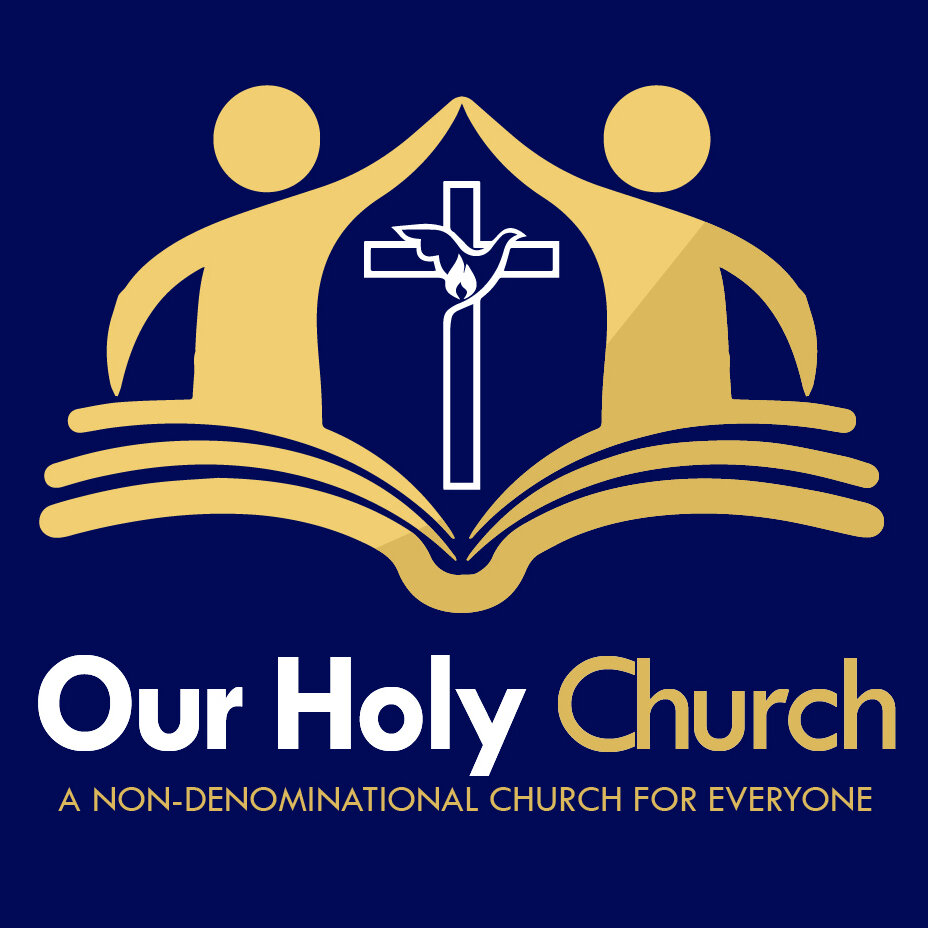Ministers with experience performing other rites, especially those who have worked as wedding officiants, might be surprised by how similar planning a funeral or memorial ceremony can be. But if you’re new to these skills, don’t worry, they all get easier with practice. Remember, there’s a reason you were asked!
Meet with the deceased’s friends and family
First, meet with the deceased’s friends and family. A helpful place to begin is determining what the tone and feel of the ceremony will be. Will it be a lighthearted celebration of life, a quiet time to grieve, or something else?
It’s useful to ask what the family likes (or doesn't like) about funerals or memorials in general, and which of those elements they’d like to include or avoid. Decide if it will be formal or informal, religious, spiritual, or non religious, and if they want to include any special readings, scripture, or music. Ask if other friends and family members wish to speak at the ceremony, and how long they want the service to last.
Then, learn as much as you can about the deceased: What favorite memories do they have of the deceased? What were their proudest accomplishments and happiest moments? What music or hobbies did they love? What was their sense of humor like? How did they live their life? If possible, ask family members to bring photos to your meeting (or other objects that remind them of their loved one) to help them share memories and to give context to the ceremony.
Before the end of your meeting, make sure you know where and when the service will be held, and who will be your primary point of contact moving forward. Ask how they prefer to be contacted -- compassion is key!
Draft and practice the eulogy
Next, use all of the information you’ve gathered to draft a eulogy and ceremony script. Your script will include what you plan to say at the service and other important details, like the names and order of others who will participate (either by reading poems or scripture, performing music, or simply speaking from the heart).
Your first draft will probably need some work -- that’s ok! Read the eulogy out loud to hear how it sounds when spoken. Edit and practice as needed, until your delivery is smooth and natural.
Share an early draft with your point-of-contact for feedback. Make changes as needed and continue practicing. You don’t need to (and shouldn’t) memorize the speech, but the words should feel familiar and comfortable to you before the service.
Make copies of all special readings
Make a copy (or two) of any readings that are selected for the ceremony. Having your own copy is helpful because you’ll know the approximate time each person needs to speak, and you’ll have a backup copy to share in case they forget theirs. Anything you can do to make their day easier is important.
They may ask you for suggestions of what to say or read. An internet search for appropriate scripture, poems to say goodbye, or heartful songs will give you many options, and you can even consider something written by the deceased’s favorite author or musician. Some people might enjoy reading works written by the deceased themselves, including letters.
Show up early
Plan to show up early -- at least 30 minutes early. Allow yourself plenty of time to help prepare for the service. Seeing you calm and collected before the ceremony will give the family peace of mind.




